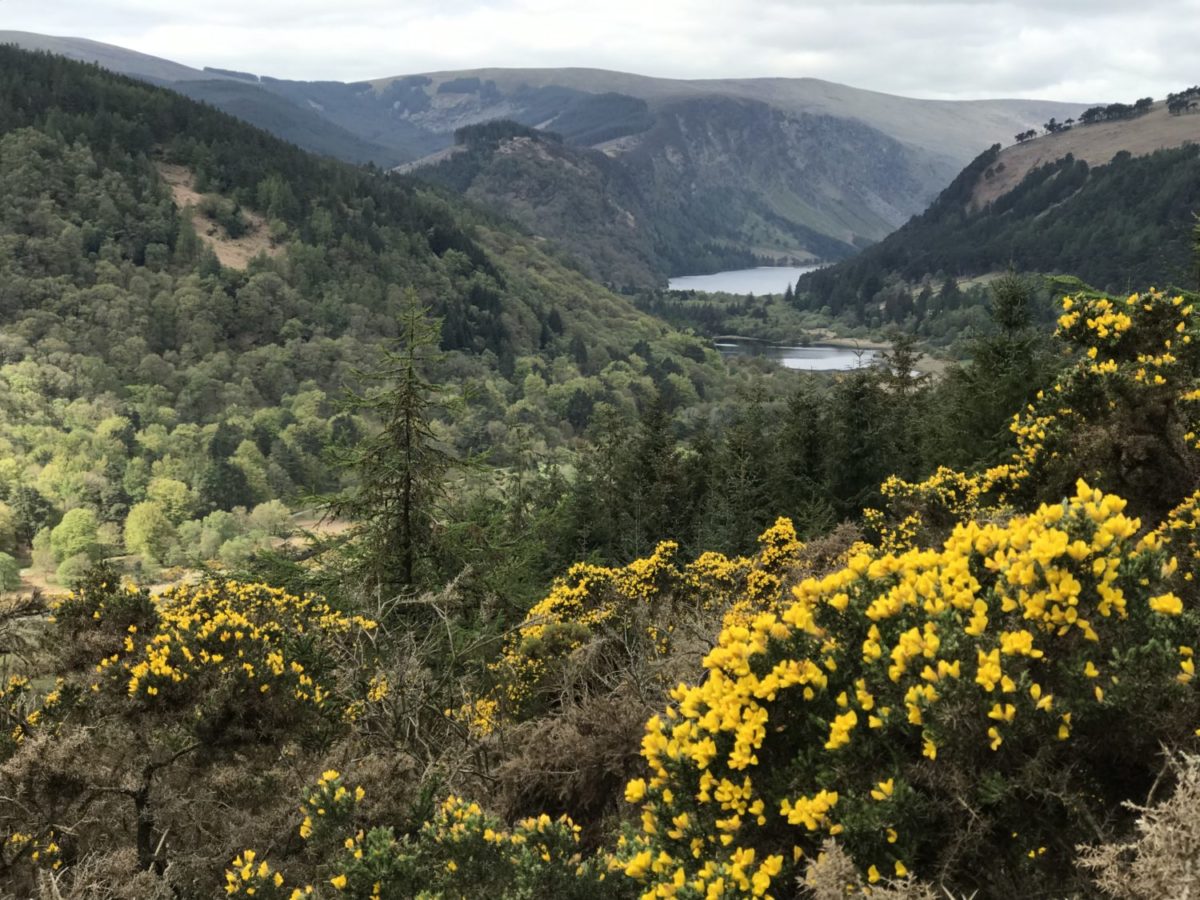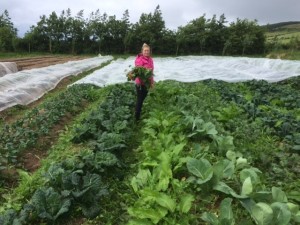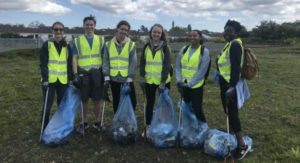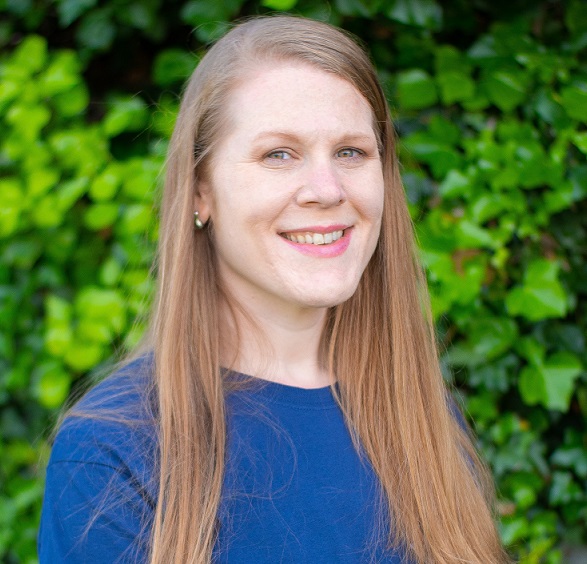Ireland established a National Expert Advisory Council on Climate Change in 2015.
We’re in the middle of a transition, from a country with high household energy consumption and inefficient waste management in the early nineties, toward a resource-efficient, low-carbon and environmentally-friendly economy.
The efforts to “significantly decarbonise the Irish economy” come at local, government and European levels. There are policies and green initiatives fuelling innovation in public and private sectors.
Sustainability and Environmental Science students will find it interesting to see first-hand how Ireland is balancing protection of the environment and the economy at the same time.
70% of Irish land is used for agricultural purposes, but agriculture counts for a third of Irish emissions, the single largest contributor. 14% of Ireland’s land mass is protected natural areas, designated by the EU to stop the decline of endangered species and habitats. Projects such as Geopark LIFE in the Burren and Cliffs of Moher demonstrate a ‘tourism for conservation’ model, reconciling tourism development with conservation of biodiversity and cultural heritage in the historic Burren region.






